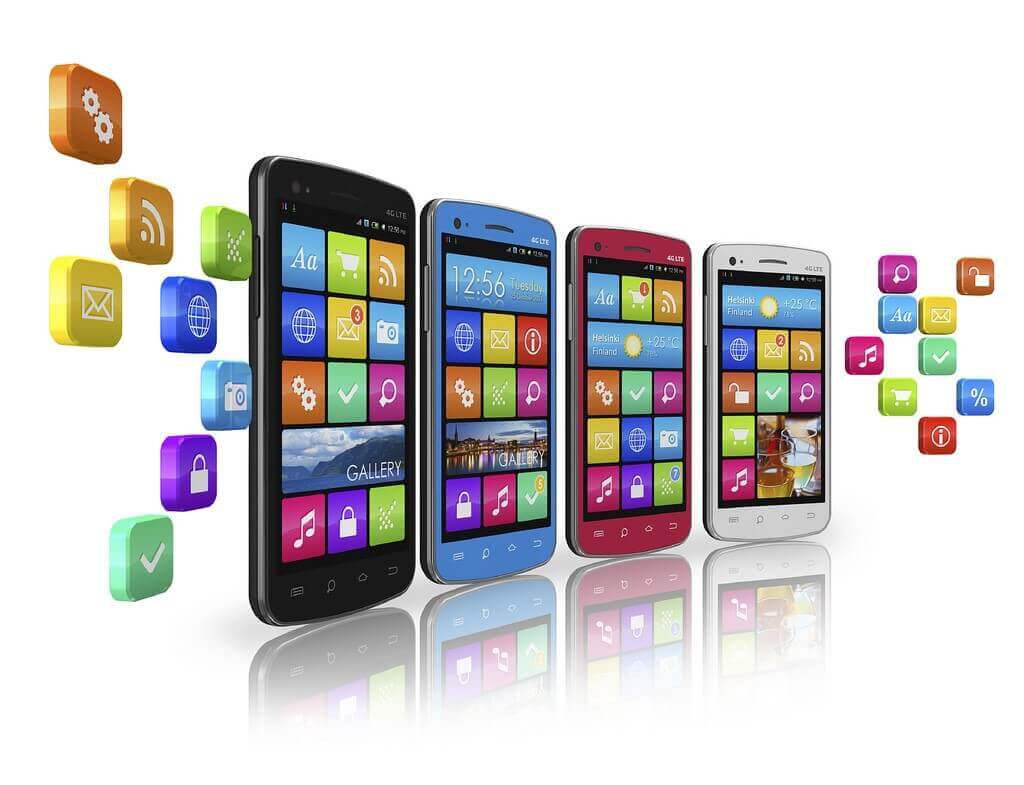
No, I’m not talking about actual hotel wake up calls or polices or guidelines on automatic or manual wake-up calls. If you thought that’s what you were going to find out here, then you have definitely hit on a wrong link. Besides, most travelers nowadays have smartphones with built-in alarm clocks to get them up in the morning, so traditional wake-up calls are something that are becoming a little bit redundant, if not going completely by the wayside.
But speaking of smartphones, or mobile phones to be more exact, that is precisely what I am talking about and focused on in this report.
Over the past quarter I have released several articles focused on mobile; its continuous growth and domination in our everyday lives and how exactly our use and reliance on mobile has changed the consumer landscape, what type of service we have now come to expect, and how businesses themselves have not only been affected by consumer use of mobile, but how mobile has changed the way they do business.
Specifically, we are concerned with how smartphones have changed the hotel guest relationship and its impact on hotel operations.
Guests are changing, their requirements are changing, technological innovation is driving change and globalization is ensuring that we must change. With the delivery of on-demand services via mobile from companies such as Uber and Netflix and the personalization of an experience based on past habits, many brands both within the hotel industry and beyond are finding themselves subject to the same expectations created by these services.
Read rest of the article at Hotel Online




